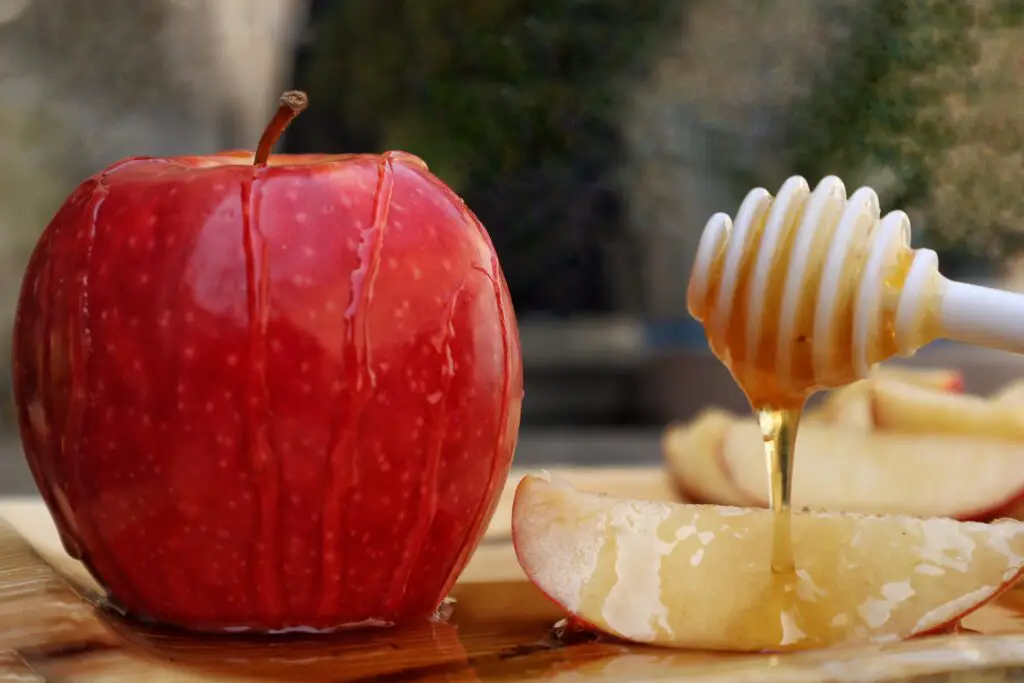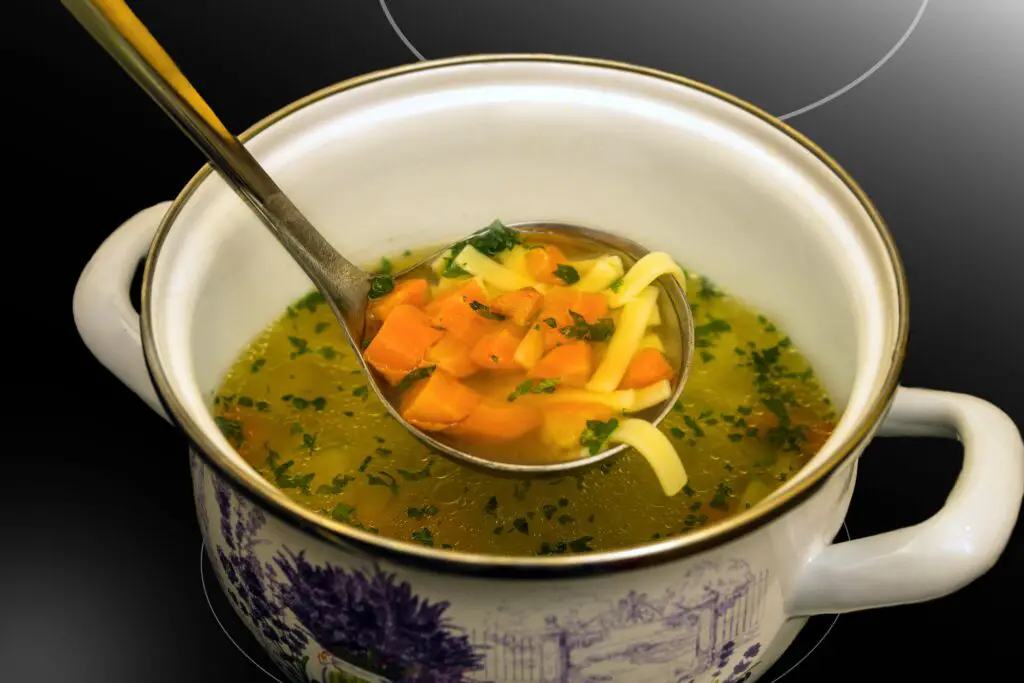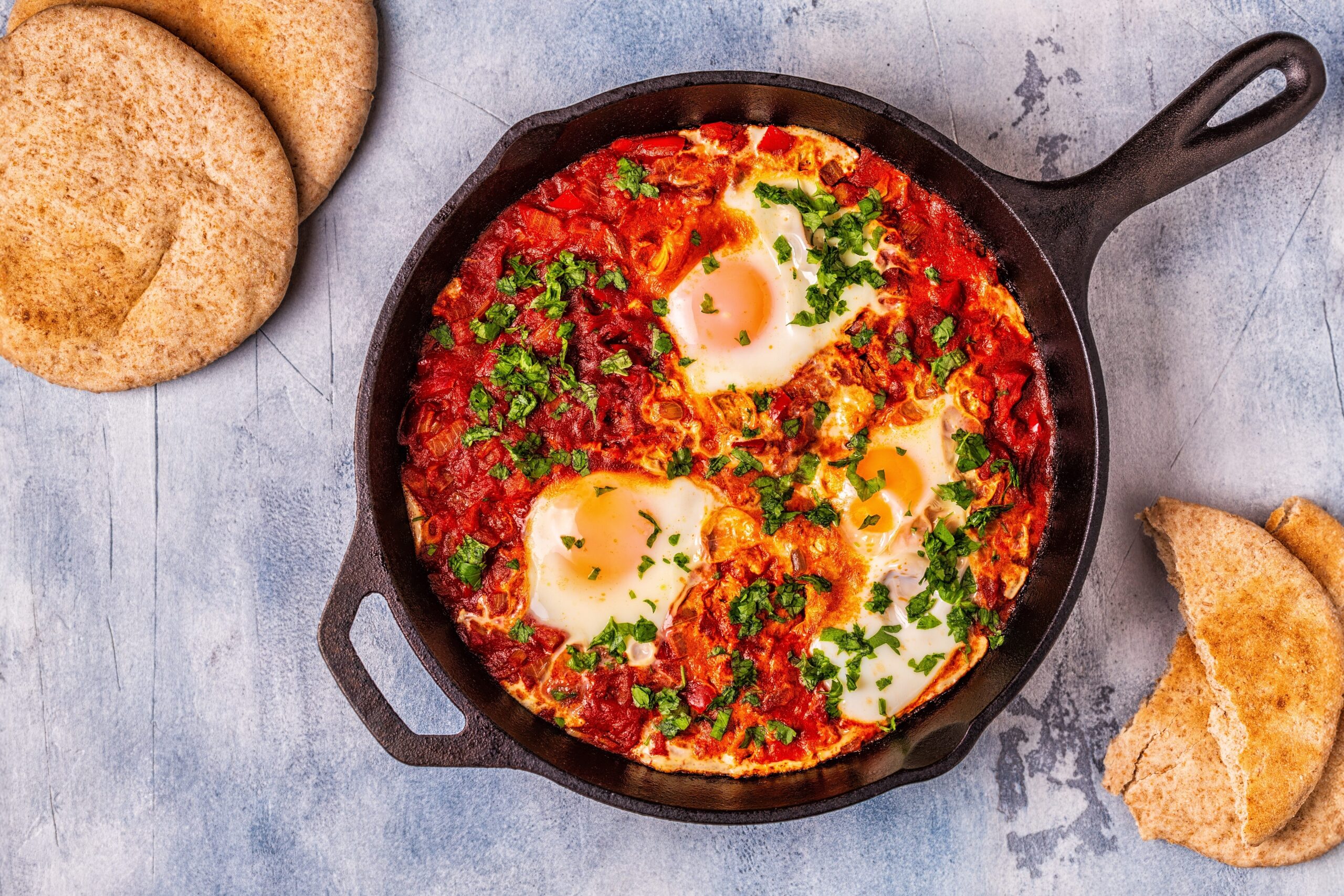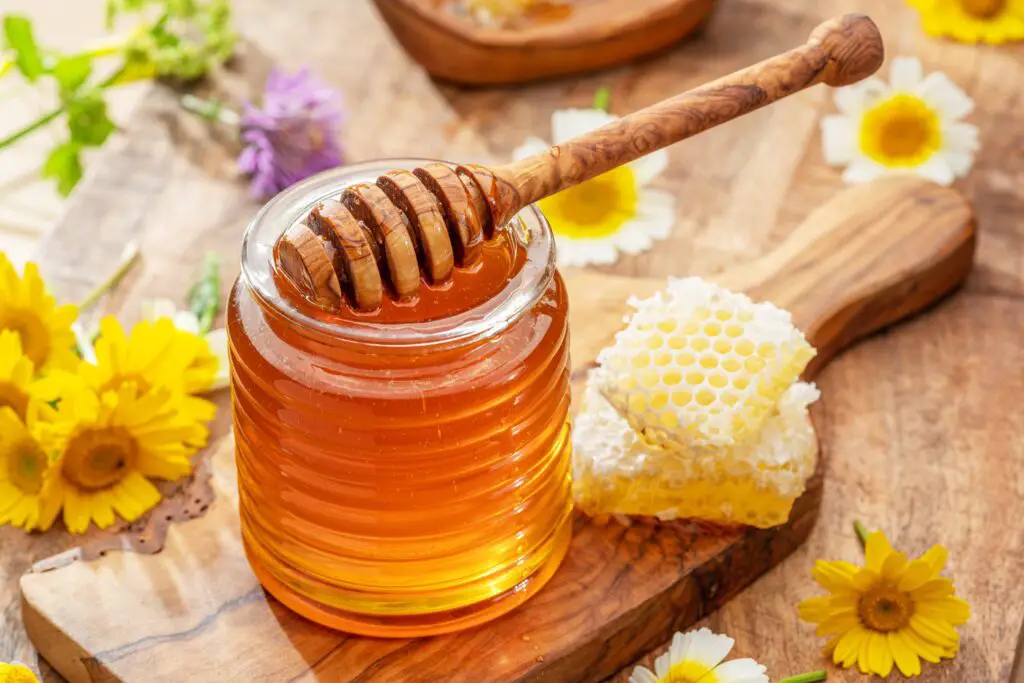1. “An Apple a Day Keeps the Doctor Away”

This classic old wives’ tale may not be far from the truth. Apples are packed with vitamins, fiber, and antioxidants, which all contribute to heart health and digestion. Research has shown that a diet rich in fruits like apples can help lower the risk of chronic diseases such as diabetes and heart disease. The fiber in apples, particularly pectin, helps regulate blood sugar levels and reduces cholesterol shares the Guardian.
In addition to its health benefits, apples are low in calories and high in water, making them a satisfying snack. Eating an apple before meals can help curb hunger and prevent overeating. So, while eating an apple every day might not completely replace a doctor’s visit, it’s certainly a helpful part of a healthy diet adds New York Post.
2. “Drinking Milk Makes Your Bones Strong”

The idea that drinking milk strengthens bones is rooted in science, especially due to its high calcium content. Calcium is essential for maintaining bone density and strength, which helps prevent conditions like osteoporosis. Studies suggest that children who consume adequate calcium develop stronger bones, and adults can maintain their bone health by keeping up with calcium intake says EatingWell.
However, it’s important to note that milk isn’t the only source of calcium—other foods like leafy greens, almonds, and fortified plant-based milks are also excellent options. While milk is beneficial for bones, it’s just one part of a well-balanced diet to support skeletal health adds BBC.
3. “Carrots Improve Your Eyesight”

Many of us heard this as kids, and it turns out there’s some truth to it. Carrots are rich in beta-carotene, a type of vitamin A that is essential for good vision. This vitamin helps maintain the health of the retina and prevents night blindness. While eating carrots won’t necessarily give you superhuman eyesight, it plays a significant role in eye health.
However, it’s important to remember that good vision relies on more than just carrots. A well-rounded diet, including leafy greens, fish, and other vitamin-rich foods, is crucial for optimal eye health. So, while carrots won’t hurt, variety is key to keeping your eyes sharp.
4. “Chicken Soup Can Cure a Cold”

This comforting dish may do more than just soothe a sore throat. Chicken soup has anti-inflammatory properties due to its ingredients like broth and vegetables, which can help ease symptoms of a cold. It also helps to hydrate the body and provides essential nutrients that support the immune system during illness.
While chicken soup isn’t a cure for the common cold, it’s a great way to relieve symptoms and promote healing. The warmth of the soup helps open nasal passages, and the amino acids from chicken aid in boosting the immune system. So, it’s a tasty and beneficial remedy to keep in your winter wellness arsenal.
5. “Garlic Can Help Fight Off Illness”

Garlic has long been praised for its medicinal properties, and modern science confirms its effectiveness. Garlic contains allicin, a compound that has been shown to have antibacterial and antiviral effects. Studies suggest that consuming garlic regularly may help boost the immune system and reduce the severity of colds.
Though garlic is no substitute for professional medical treatment, it can be a helpful addition to your diet, especially during flu season. It’s easy to incorporate into meals and provides a flavorful way to support your health. From soups to pasta dishes, garlic packs a punch against both illness and bland meals.
6. “Cold Weather Gives You a Cold”

While cold weather itself doesn’t directly cause a cold, it can increase your risk of getting sick. Cold weather often forces people indoors, where viruses like the common cold can spread more easily. In addition, colder temperatures can weaken your immune system, making it harder for your body to fight off infections.
Wearing warm clothing, staying hydrated, and washing your hands frequently can help reduce the chances of catching a cold in winter months. So, while the chill might not directly give you a cold, it can make you more susceptible to catching one from others.
7. “Eating Spicy Food Can Speed Up Your Metabolism”

Eating spicy foods may indeed give your metabolism a temporary boost. Capsaicin, the compound found in chili peppers, has been shown to increase thermogenesis, the process by which your body burns calories to generate heat. Some studies suggest that spicy foods can slightly increase calorie burning for a short period after eating.
While spicy foods won’t melt fat on their own, they can be a fun addition to a healthy, balanced diet. Just be sure to pair them with other nutritious foods and an active lifestyle for the best results.
8. “You Can Catch a Cold from Being Wet or Cold”

This old belief is partly true in the sense that being cold or wet can increase your vulnerability to viruses. While cold temperatures don’t directly cause illness, they can lower your body’s immune response and make it easier for a virus to take hold. Additionally, wet clothing can lead to hypothermia or frostbite if you’re exposed for too long, which weakens your immune system.
To stay healthy, dress warmly and avoid prolonged exposure to cold, wet environments. While being chilled doesn’t automatically lead to sickness, taking care of your body in extreme weather conditions can help prevent illness.
9. “Honey Is a Natural Cough Suppressant”

Honey has long been used as a remedy for sore throats and coughs, and research supports its effectiveness. Studies have shown that honey can coat the throat, reducing irritation and soothing coughing. It has natural antibacterial properties that may also help fight infections.
While honey works best for mild coughs, it’s not a cure-all for every respiratory illness. It’s best to consult a doctor if symptoms persist, but a spoonful of honey is a comforting and helpful option when you’re feeling under the weather.
10. “Sugar Makes Kids Hyperactive”

Many parents swear that sugar makes kids bounce off the walls, but the science on this one is a bit murky. While there’s no strong evidence that sugar directly causes hyperactivity, it can have an indirect effect by affecting blood sugar levels. A rapid increase in blood sugar followed by a crash can cause mood swings or irritability, which may look like hyperactivity.
That said, sugar should still be consumed in moderation, especially in children, as excessive intake can lead to long-term health issues. It’s more about balance than banning sugar altogether—making sure kids eat a variety of healthy foods can help stabilize their energy levels.
11. “A Hot Bath Can Help Relieve Stress”

Taking a hot bath has been a time-tested method for relaxation, and science confirms its benefits. Immersing yourself in warm water can increase blood circulation and reduce muscle tension, helping you unwind after a long day. The warmth can also trigger the release of endorphins, which are natural mood boosters.
While a bath isn’t a cure for chronic stress, it can be a simple and soothing way to relax. Adding calming elements like essential oils or candles can further enhance the experience, making it an excellent tool for self-care.
12. “You Can’t Go Swimming After Eating”

The myth that you’ll cramp up and drown if you swim after eating is largely untrue. While your body directs blood flow to digest food after eating, there’s no evidence to suggest that swimming after a meal is dangerous. In fact, light swimming can actually aid digestion by helping your body process food more efficiently.
However, if you’ve eaten a large meal, you may feel sluggish or uncomfortable during vigorous exercise. It’s best to wait for a bit after eating, especially if you’ve had a heavy meal, but there’s no need to avoid swimming altogether. A little relaxation by the pool after lunch is perfectly safe!
